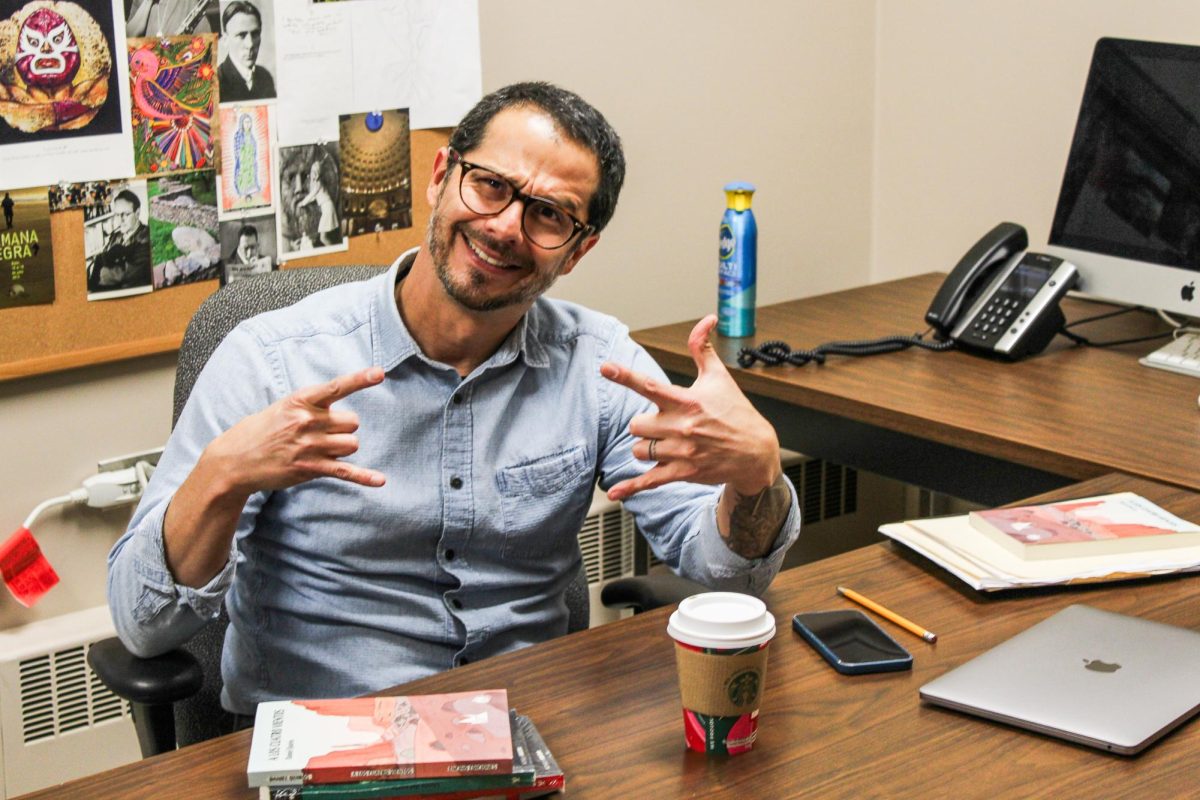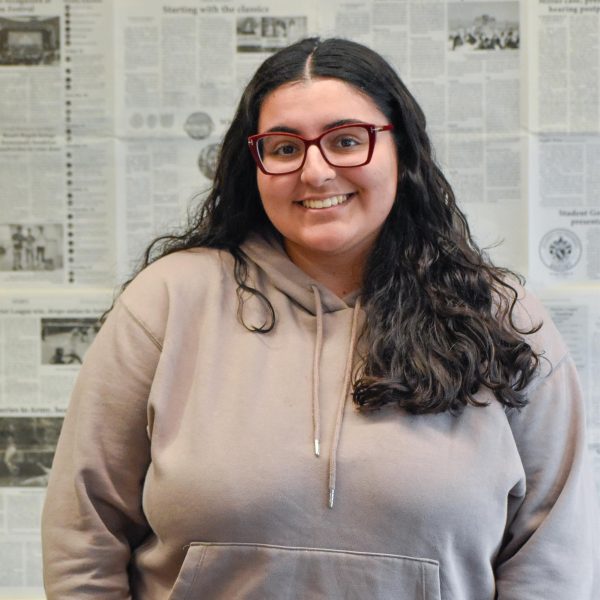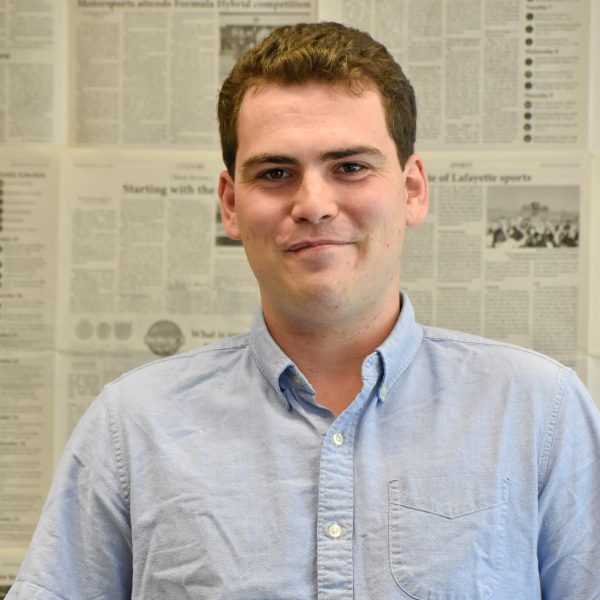Daniel Quirós is not just a professor, but also a published fiction author of multiple books.
Quirós’ books include a short story collection, a fiction novel about a Costa Rican man living in the United States and two novels “in the realm of the crime genre,” according to Quirós, an associate professor of Spanish. These crime novels were Quirós’ first two published works, entitled “Verano Rojo” and “Lluvia del Norte,” which deal with topics of Costa Rican history and politics.
“The crime genre is kind of an excuse to go into depth on Costa Rican history, socioeconomic development and certain questions related to … social tensions or discussions of things like that related to immigration, related to Costa Rica’s historical relation to the Contra and Nicaraguan Revolution and Central American Revolution in the late 70s, early 80s,” Quirós said.
According to Quirós, these novels attempt to interrogate Costa Rican history and political ideologies.
“So it’s really kind of an excuse to talk about Costa Rica in depth in terms of historical development and historical kind of myth, and the creation of kind of the Costa Rican idea, which is this country of democracy, peace, stability,” Quirós said, “So part of the reason for the novels is to kind of like problematize that or question that or go into depth more on that.”
These two novels focus on a Costa Rican investigator named “Don Chepe,” who, in each novel, investigates a different murder.
“He’s kind of the, let’s say, informal investigator,” Quirós said, “A friend of his who’s an Argentine kind of immigrant to Costa Rica, who has a little coffee shop and bookshop in a small coastal town is murdered, so he decides to investigate the murder and find out who it was.”
This murder investigation directly relates to the political strife in Central America in the 1970s.
“The investigation of the crime ends up relating a lot to this era of Costa Rica’s involvement or non-involvement with Central American wars, specifically the Nicaraguan Civil War of 1979, the revolution and the coming to power of the Sandinistas, which is the current government, and which very interestingly, went from overthrowing a dictatorship to kind of becoming a dictatorship,” Quirós said.
Quirós’ love for creative writing and work as a professor have influenced each other, and, according to Quirós, the themes explored in these novels reflect this.
“When I was doing my PhD work in California, I had these kind of two tracks,” Quirós said. “I was very interested in creative writing, and then also just the kind of normal kind of academic path, so I think those two things came together in these books.”
This semester, Quirós is teaching a class called “Creative Writing in Spanish,” which again blends his work as a professor with his interest in creative writing.
“I’ve always wanted to teach just a straight-up creative writing course at Lafayette in Spanish,” Quirós said.
“It’s just exciting to be able to just talk about creative writing and get all nerdy on writing and the details of writing and what I think good writing is and how I can help people to kind of think about that,” he continued.
Olivia Simione ‘26, a student in the class, feels that Quirós’ experience as a creative writer himself is valuable to the class experience.
“I think him being a writer certainly offers a good perspective,” Simione said. “He’s very well versed in analyzing what we’re learning about and also giving it context.”
Quirós is also running a study abroad program in Costa Rica this coming fall and encourages students to attend the program.
“I’m taking Lafayette students to Costa Rica in the fall on a study abroad program,” Quirós said. “They’ll also take a class with me, which has to do with my creative writing … So it’s an exciting program and opportunity.”





















































































































